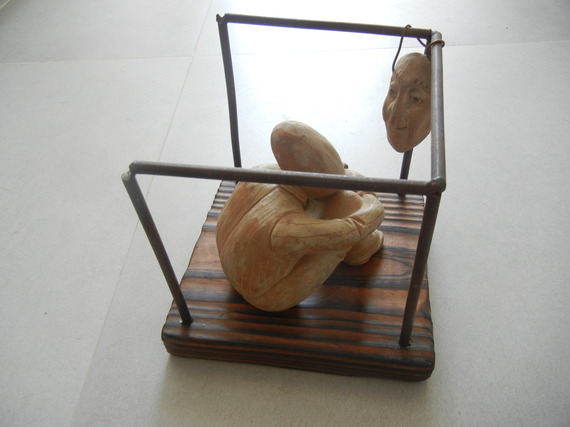I am not a religious person. This is just to set the context of my reflections. But over the last days I have, along with many others, doubtless, been giving a lot of thought to the profound impact of the papal encyclical on the care of our common home.
What is the relevance and importance of an encyclical, a custom started in 1740 by Pope Benedict XIV? After Pope Leo XIII issued an encyclical on labor and social justice in 1895, popes have published encyclicals on issues of general concern, like peace or human rights.
The interesting fact that this pope is using his stature and visibility to raise topics such as individual and collective responsibility for our life on the planet is something worth paying attention to. While he talks about man-made climate change, I believe that when he connects the words 'moral' and 'business', the implied challenge goes beyond questioning if climates change because of, or despite, human activity.
When we talk about the urgency to act, our quality of life, or our collective stewardship for life on the planet, we could talk about many other issues that go beyond climate change. We could talk about the dead zone in the Gulf of Mexico -the size of Connecticut- where every Spring algae grow and decompose, consuming the oxygen necessary to sustain marine life - thanks to the runoffs of the fertilizers we apply to our crops. Or we could talk about the respiratory diseases caused by breathing the air in Beijing, or in the countrysides sprayed with approved pesticides, or in the nail salons in the largest cities. Or perhaps we could talk about unparalleled levels of infant diabetes due to harmful nutritional eating practices, or the growing numbers of endangered species, or the highly radioactive nuclear waste which accumulates, and which we store in places that no one can guarantee will be secure 200 years from now- while the material will be active for 8000 or more years! Or we could talk about the epidemic of stress because we work more than ever, are 24/7 connected to our progressive devices, and -- oops, are not necessarily happier.
Yes, things have gone astray - but the good news is that we collectively screwed this up in only a few decades. What are 50-70 years in the frame of 10,000 years since we became agriculturalists and left the nomadic foraging life to build a stable, more controlled future? They are a fraction of a moment.
So when this pope speaks up and names things that have gone wrong, and that we are contributing to them -- it sounds to me like a wakeup call. We may not like it -- especially if it means that we cannot continue sleeping and living in dream -- or Disney-land. We may not like it because we don't have clear or easy alternatives at hand. For example if I don't use my fossil-fuel-fed Hyundai, how will I go to my work if there is not even public transportation available for the three miles between my home and Nova Southeastern University? Should I buy a bike and cross highways while pedaling myself into a sweat froth in the humid south Florida June? How can I, Miss Sustainability, live with the fact that my lifestyle, even if it has altered over the past years, is still contributing to the problems I write about?
As I tell my students: Yes, look around, and realize that everything has to be redesigned, changed, reinvented. It's the age of imagination! I swing between excitement and feeling overwhelmed, and I'm not the only one.
So the temptation is great to plunge into oblivion, let ourselves be distracted with the daily to-do lists, meetings, reports, emails, trips, shopping. That is so 'real' and urgent. But then a 192-page document interrupts our routine and creates turmoil. It names what we are trying to forget. It connects the dots that we know are connected but prefer to ignore. It talks to our deepest values, because let's face it, the majority of us are good people. As one executive told me in an interview: Isabel -- we ARE good people! We didn't mean to do harm intentionally. And yet...
The Catholic Church may be starting with acknowledging that while we all espouse certain virtuous values, our actions manifest others. It is holding up a mirror to itself - and to all of us.
The river is sounding loud -- and it's not the encyclical. It's in our media every day. I cannot help thinking of Rumi:
"Sit, be still, and listen,
because you're drunk
and we're at
the edge of the roof."

